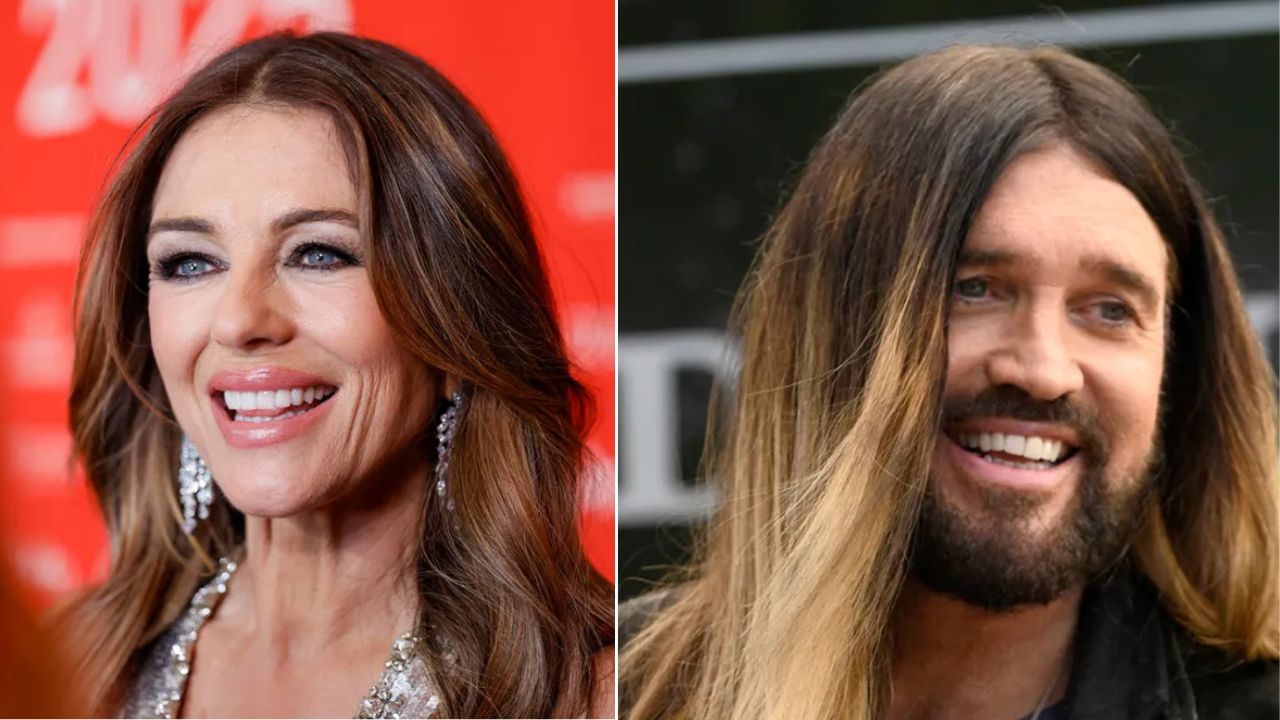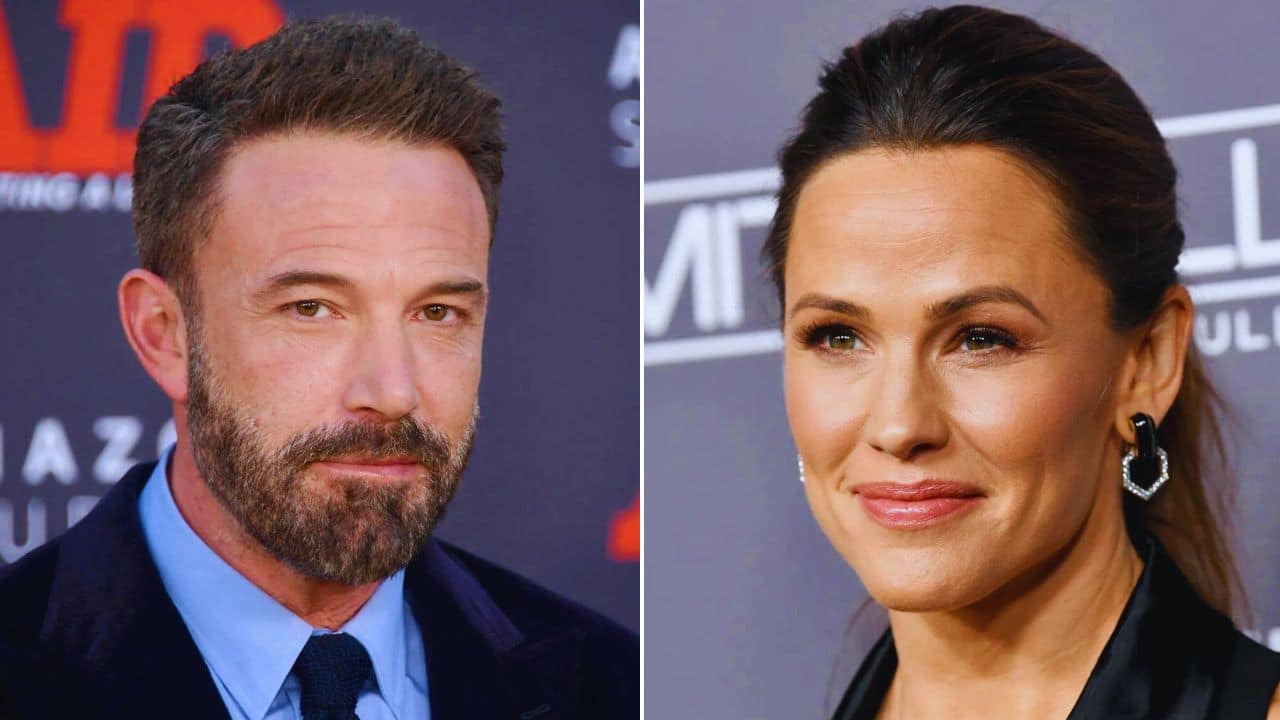Prominent filmmaker Steve McQueen has made the decision to withdraw from the prestigious Camerimage Film Festival in Poland, where he was scheduled to screen his latest film, Blitz, on opening night. McQueen’s departure comes in response to statements made by Camerimage’s festival director, Marek Żydowicz, who recently published a controversial opinion piece perceived as critical of women cinematographers. McQueen, who was set to receive an award for outstanding directing, expressed deep disappointment over Żydowicz’s comments, viewing them as “deeply offensive” to his values on inclusivity and equality in the film industry.
In a statement to Variety, McQueen elaborated on his decision, explaining, “Having read Marek Żydowicz’s op-ed concerning female cinematographers, I have decided not to attend the opening night presentation of my film Blitz this weekend. Although he has issued an apology, I cannot get past what I consider deeply offensive words. I have enormous respect for cinematographers of all genders, including women, and believe we have to do and demand better to make room for everyone at the table.” McQueen’s withdrawal underscores his commitment to inclusivity and the value he places on the contributions of all cinematographers, regardless of gender.
Festival Director’s Remarks Question Gender Diversity in Cinematography
Żydowicz’s statements, published in an op-ed in Cinematography World magazine, have sparked a heated debate within the film community. In his column, Żydowicz seemed to question whether prioritizing representation of women as directors of photography (DPs) and directors at the festival would compromise the quality of the selected films. He wrote, “Should we reject what is esteemed and valuable just to ‘make space’ for the necessity of social change?” He further argued that Camerimage aims to prioritize “artistic values as the foremost criterion for qualifying and promoting film art” over perceived ideological or political trends.
Żydowicz’s remarks contrast with practices at other renowned festivals like Cannes, Berlin, and Venice, which he claimed have adapted to the social climate by striving for more inclusive selections. However, his criticism of such festivals for “succumbing to” political agendas has fueled criticism, with many perceiving his stance as a dismissal of the legitimacy of gender diversity in cinema. His statements, especially in the context of his leadership at Camerimage, have raised concerns about whether the festival truly values inclusivity or primarily seeks to preserve traditional selection standards that may inadvertently limit opportunities for underrepresented voices in cinematography.
Strong Backlash from the Cinematography Community
Żydowicz’s comments drew swift and strong backlash from the cinematography community, notably from the British Society of Cinematographers (BSC), which issued an open letter condemning his remarks. In the letter, the BSC expressed disappointment and frustration over what they termed “profoundly misogynistic comments and an aggressive tone” in Żydowicz’s statements. The BSC viewed his words as indicative of a “deep-rooted prejudice” that could harm the progress of female cinematographers and create an unwelcoming environment for underrepresented talents.
The letter went on to argue that a festival dedicated to promoting and supporting the art of cinematography should champion inclusivity and celebrate the diverse talents within the field, rather than implying that gender diversity may compromise artistic quality. The BSC’s letter reflected the sentiments of many in the film industry who see inclusivity as essential for the industry’s growth and innovation. Additionally, the letter underscored that any institution with a mission to support cinematography should not overlook the contributions of women and underrepresented groups.
In response to the BSC’s open letter, Żydowicz issued a statement characterizing the criticism as “entirely misplaced and quite offensive.” He argued that his remarks were taken out of context, insisting that his column was not intended to disrespect or exclude women in the industry. Żydowicz emphasized that Camerimage has a longstanding commitment to respect and support all cinematographers. He further pointed to the diversity and inclusion policies on Camerimage’s website, which he said had been developed with input from Women in Cinematography, an organization that advocates for greater gender equality in the field.
Women in Cinematography Challenges Żydowicz’s Claims
The organization Women in Cinematography, however, publicly refuted Żydowicz’s claim that their suggested policies were implemented by Camerimage. In a statement released in response to his remarks, Women in Cinematography clarified that the festival’s diversity policy had only been published following widespread backlash against Żydowicz’s op-ed, not as a proactive commitment to inclusivity. The organization also issued a petition on Change.org in September calling for increased transparency and inclusivity at Camerimage. The petition reportedly garnered significant support, reflecting the broader film community’s call for tangible action to promote diversity at the festival.
In their statement, Women in Cinematography criticized Żydowicz for using their activism as a defense against criticism of the festival. “We reject this campaign being used by Mr. Żydowicz as a demonstration of the festival’s commitment to diversity or to shield Camerimage Festival from rightful criticism,” they wrote. They emphasized that the recent policy changes had only come about due to public pressure and that without their advocacy, meaningful change might have been further delayed.
Żydowicz Responds, Urges for Dialogue on Inclusivity and Respect
Following McQueen’s decision to withdraw from the festival, Żydowicz expressed regret, stating that he was “deeply saddened” by the filmmaker’s decision. He issued another apology and invited McQueen, as well as the broader cinematography community, to engage in an open dialogue about fostering inclusivity and respect within the industry. In his statement to Variety, Żydowicz said, “I apologize once more, and I would like to take this opportunity to sit down in an open forum and talk about how to move forward together in a more open and inclusive manner. The festival is here to embrace each other as a community and to share in the appreciation of the images we cherish together as a community.”
Żydowicz further emphasized that the festival’s mission is to celebrate the art of cinematography as a unified community and expressed hope that constructive dialogue could lead to a more equitable future for Camerimage. “Let’s have a meaningful discourse together as a community so that we can begin to rebuild in a more equitable manner,” he stated, stressing that the festival should represent all voices and foster unity.
Ongoing Debate Highlights Broader Industry Challenges with Representation
The controversy surrounding Żydowicz’s remarks at Camerimage underscores the ongoing challenges related to representation and diversity in the film industry. Film festivals like Camerimage play a pivotal role in spotlighting the work of cinematographers and setting industry standards. For many advocates, inclusive representation at such festivals is not only necessary for equal opportunity but also enhances the richness of cinema by showcasing a variety of perspectives and artistic approaches. McQueen’s decision to take a stand on this issue reflects a growing movement among industry leaders to prioritize inclusivity and challenge outdated standards that may hinder progress.
This debate takes on added significance as Camerimage is set to open with the premiere of Rust, the Alec Baldwin Western that drew global attention following the tragic on-set death of cinematographer Halyna Hutchins. The incident brought renewed focus on the often-overlooked role of cinematographers and the need for safer, more inclusive working environments. McQueen’s withdrawal and the controversy surrounding Żydowicz’s comments have drawn attention to the need for industry leaders to support a broad and inclusive spectrum of talent, emphasizing that the film industry’s future should be representative of all who contribute to it.
McQueen’s Withdrawal as a Call for Change
McQueen’s decision to decline the Camerimage honor sends a powerful message that he, like many others in the film industry, believes in creating space for all voices, regardless of gender. His action brings attention to the role of influential figures in shaping the standards of inclusivity within the industry. By declining his attendance, McQueen signals that inclusivity in film festivals is not just a moral imperative but a valuable commitment that can foster new creative insights and artistic excellence.
Żydowicz’s statements and the backlash they have received serve as a reminder of the long-standing obstacles that women and other underrepresented groups face in the film industry. For many, McQueen’s departure from Camerimage highlights a growing insistence on authentic, action-driven change. Industry leaders and festival organizers are now under greater scrutiny to create platforms where diversity is not seen as a compromise but as a cornerstone of cinematic innovation.
The Information is Collected from Variety and Yahoo.









































